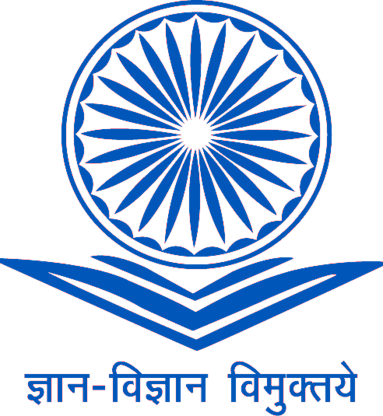Corporate Social Responsibility: An Empirical study of HUL Company
Abstract
Corporate social responsibility refers to the rules and commitments of decision-making authorities to take appropriate actions to protect and advance the well-being of society as a whole while also protecting the interests of the corporate concern. With the changing environment, the concept of CSR is becoming more and more acceptable. As a result, social responsibility essentially refers to corporate companies' obligations and responsibilities to population as a whole. Corporate Social Responsibility (CSR) is a way for a company to maintain a healthy balance between its social, environmental, and economic operations. Thus, an organization's spending on CSR operations is a straightforward procedure of giving something back to its stakeholders and attempting to assist them improve their lives while also generating money for its shareholders. Corporate social responsibility (CSR) refers to a businessman's decisions and activities that are at least somewhat motivated by factors other than the firm's direct economic or technological interests. The concept of corporate social responsibility (CSR) is viewed from two perspectives: socio-economic obligation and socio-human obligation. CSR is more than just a charity; it's a tool for contributing direct or indirect to a company's bottom line while also ensuring its long-term viability. This Hindustan Unilever Ltd (HUL) CSR case study is based on an examination of factors such as the company's business, mission, philosophy, industry, product, financial data, CSR initiatives, CSR Method and Rating Criteria, and the company's rating and justification.
CSR refers to a company's sense of responsibility to develop specific social standards and manage its business activities through strategic decisions. Companies that are socially responsible should think about a variety of things, from how they are organised to how they interact with their communities. Customers, employees, intermediaries such as banks and financial institutions, shareholders, society, and the government are all beneficiaries of CSR.














